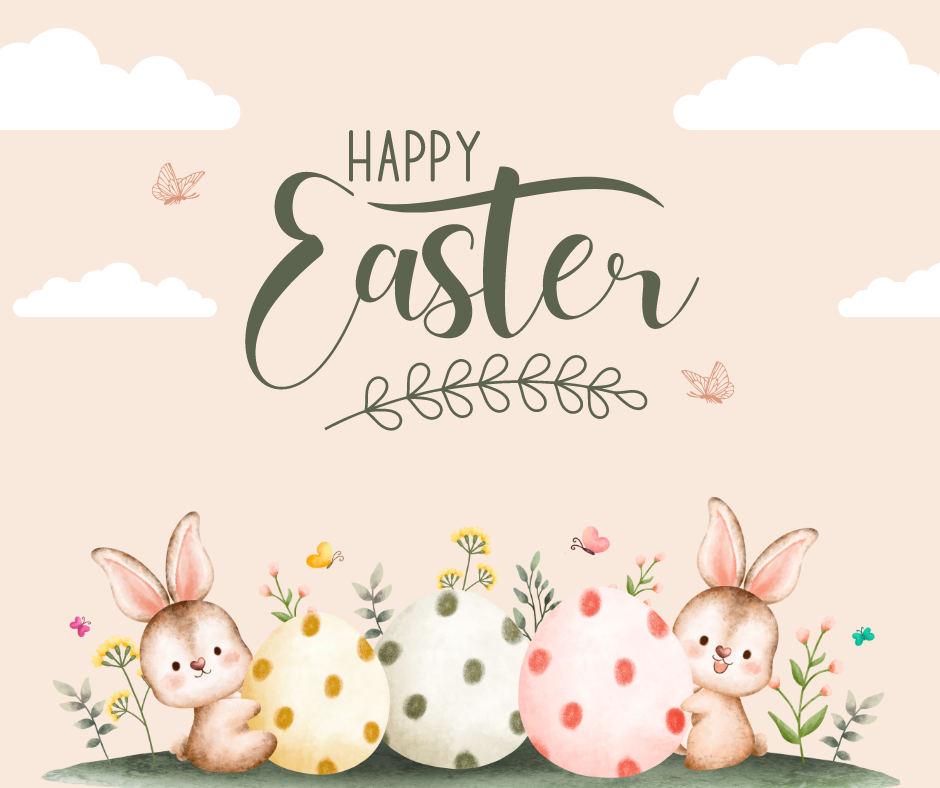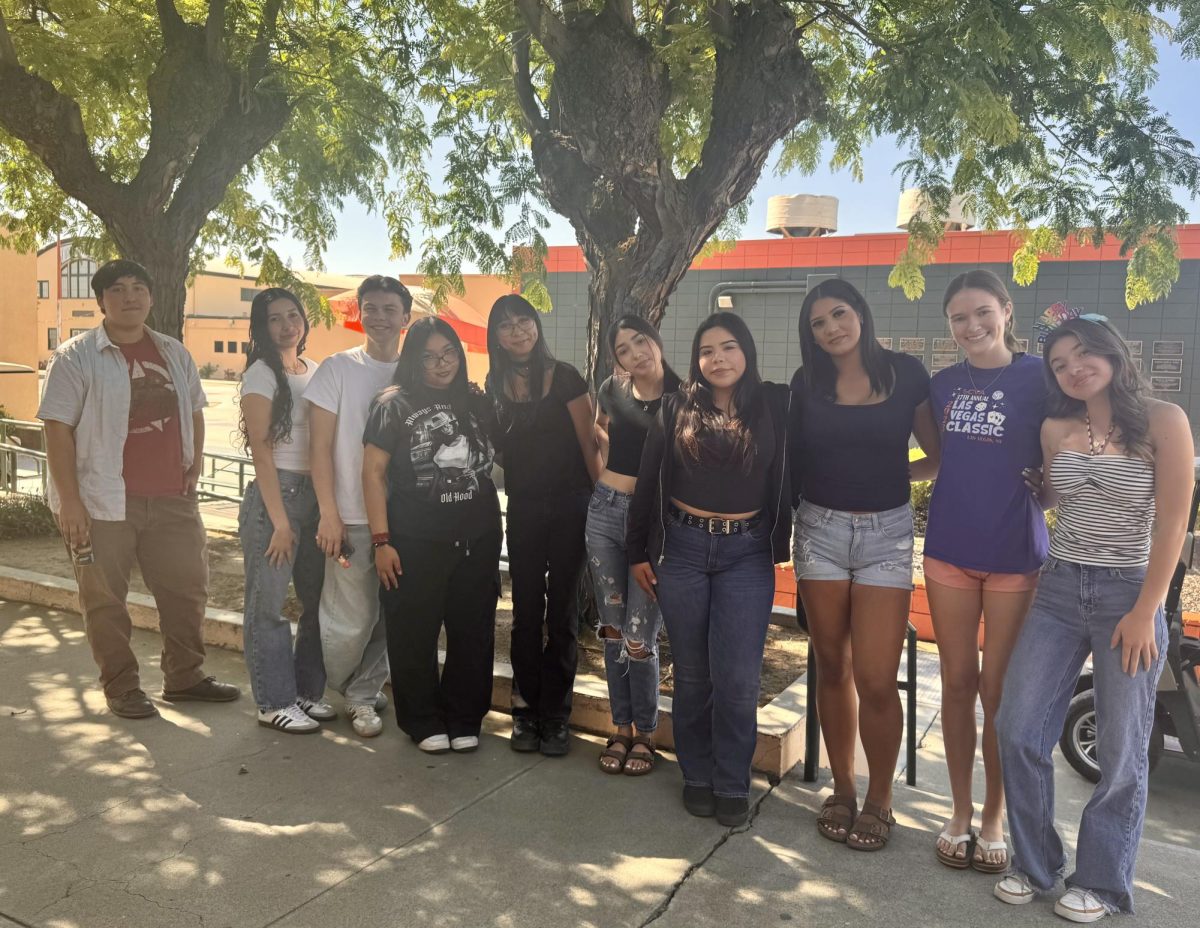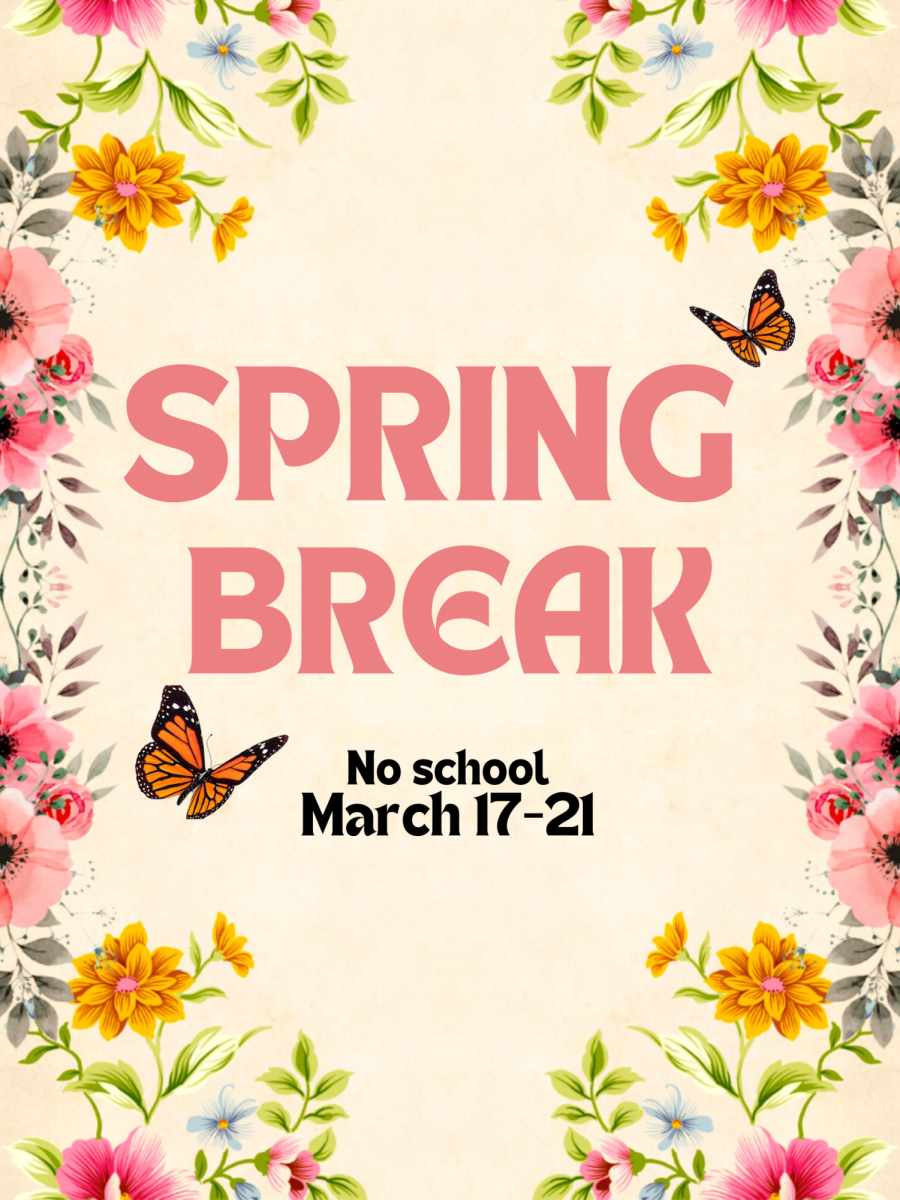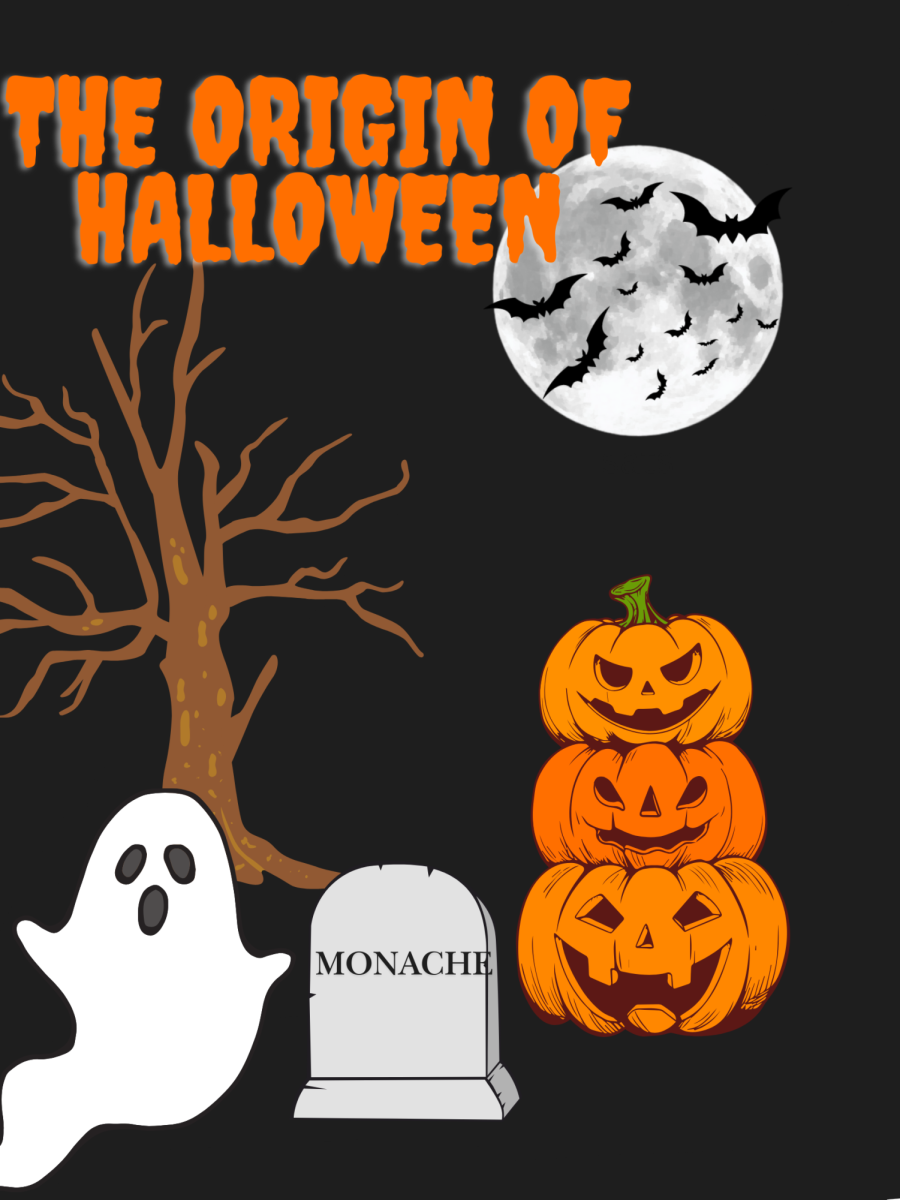As we start to smell the scent of the fresh spring blossoms in the air, the anticipation for Easter begins. Easter falls on this Sunday, March 31st. Easter has always been a religious, Christian holiday celebrating Jesus Christ’s resurrection. Have you ever wondered why this holiday is called Easter? Well, according to History.com, “St. Bede the Venerable, the 6th-century author of Historia ecclesiastica gentis Anglorum, maintains that the English word “Easter” comes from Eostre, or Eostrae, the Anglo-Saxon goddess of spring and fertility. Other historians maintain the “Easter” derives from in albis, a Latin phrase that’s plural for alba, or “dawn,” that became eostarum in Old High German, a precursor to the English language of today.” Many of the traditions and celebrations of this day can be traced back to having roots in Pagan customs, specifically the pagan goddess Eostre—and in the Jewish holiday of Passover.
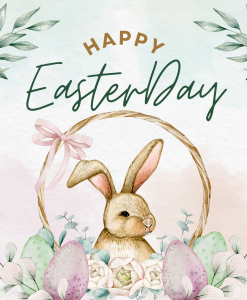 This memorable holiday has many different traditions, ranging from person to person. For example, a religious tradition within this holiday is the period of fasting and repentance called Lent. It begins on Ash Wednesday and lasts 40 days, with Sundays not included. Within this period, one cannot eat meat on Fridays; within the last week, one can’t eat meat on Thursday and Friday. Many people have different opinions of what specific meat people should avoid; for example, some believe that poultry and red meat should be avoided, but many only avoid red meat. Some traditions that have been added to this holiday are the hiding of eggs filled with candy or money for the younger ones to enjoy; people also refill egg shells with confetti or flour to crack on people’s heads for a good laugh. The Easter Bunny is a well-known fictional figure who delivers candy and chocolate eggs to children on Easter Sunday morning. The roots of the Easter Bunny tradition are unspecified, but some historians believe it arrived in America with German immigrants in the 1700s. Rabbits are, in many cultures, known as energetic procreators, so the coming of baby bunnies in springtime meadows is associated with birth and renewal. So, as we celebrate this particular day, it is a great reminder to cherish our blessings and embrace new beginnings.
This memorable holiday has many different traditions, ranging from person to person. For example, a religious tradition within this holiday is the period of fasting and repentance called Lent. It begins on Ash Wednesday and lasts 40 days, with Sundays not included. Within this period, one cannot eat meat on Fridays; within the last week, one can’t eat meat on Thursday and Friday. Many people have different opinions of what specific meat people should avoid; for example, some believe that poultry and red meat should be avoided, but many only avoid red meat. Some traditions that have been added to this holiday are the hiding of eggs filled with candy or money for the younger ones to enjoy; people also refill egg shells with confetti or flour to crack on people’s heads for a good laugh. The Easter Bunny is a well-known fictional figure who delivers candy and chocolate eggs to children on Easter Sunday morning. The roots of the Easter Bunny tradition are unspecified, but some historians believe it arrived in America with German immigrants in the 1700s. Rabbits are, in many cultures, known as energetic procreators, so the coming of baby bunnies in springtime meadows is associated with birth and renewal. So, as we celebrate this particular day, it is a great reminder to cherish our blessings and embrace new beginnings.

